In June 2022 I was diagnosed with perimenopause after approaching the doctor to discuss symptoms including severe irritability, abdominal cramps, headaches, and hot flushes. I was prescribed a low dose of oestrogen which I accepted and went on my merry way.
The diagnosis gave me some relief that these issues weren’t ‘all in my head’ and the oestrogen eased the symptoms. I didn’t think much more on the topic.
Bouts of depression and anxiety
From as early as the onset of puberty I have experienced bouts of depression and anxiety finding benefit over the years from antidepressants, talking therapies and CBT. I find winter months particularly challenging and it’s fairly normal for me to experience symptoms of mild depression during this period. This year (along with a lot of others I know) has been particularly challenging. Struggling with low mood, extreme fatigue, aches and pains, along with back-to-back colds and viruses, eventually took its toll. Unfortunately, I ‘crashed’, metaphorically speaking.
I signed myself off work for a week and contacted the doctor for support. At the initial consultation the doctor addressed some of the viral issues going on and made me an appointment to speak to a physician who specialised in mental health support. This is where I believe I was very lucky – the nurse practitioner I saw next was incredible. He had taken the time to read (quite a long way) back through my notes; he asked about the medication I am currently taking, then asked what I considered was my trigger for this episode of depression. I couldn’t identify any specific issue, which was causing me a lot of frustration and guilt for allowing myself to have got to this point.
Treatment options and lifestyle changes
This wonderful practitioner then produced a lot of information he had printed about perimenopause for me to read and consider whether this might be causing the symptoms I was suffering. He helped me to understand that there are a lot more treatment options and lifestyle changes to address the symptoms of menopause than I had initially been made aware of. Now I have hope.
Unfortunately, there is not a quick fix for women who are impacted by perimenopause/menopause, but knowledge is power. I’m going to need some power on my journey, but I think I’m ready.
My colleagues have all been amazing; I feel so supported. My line manager has been in touch regularly while I’ve been off work and I’m confident that I will be provided with all the help and adjustments I might need on my return next week.
I hope to write another blog in the coming months about how I’m getting on.
Below are the links for the valuable, empowering knowledge that my physician shared with me.

